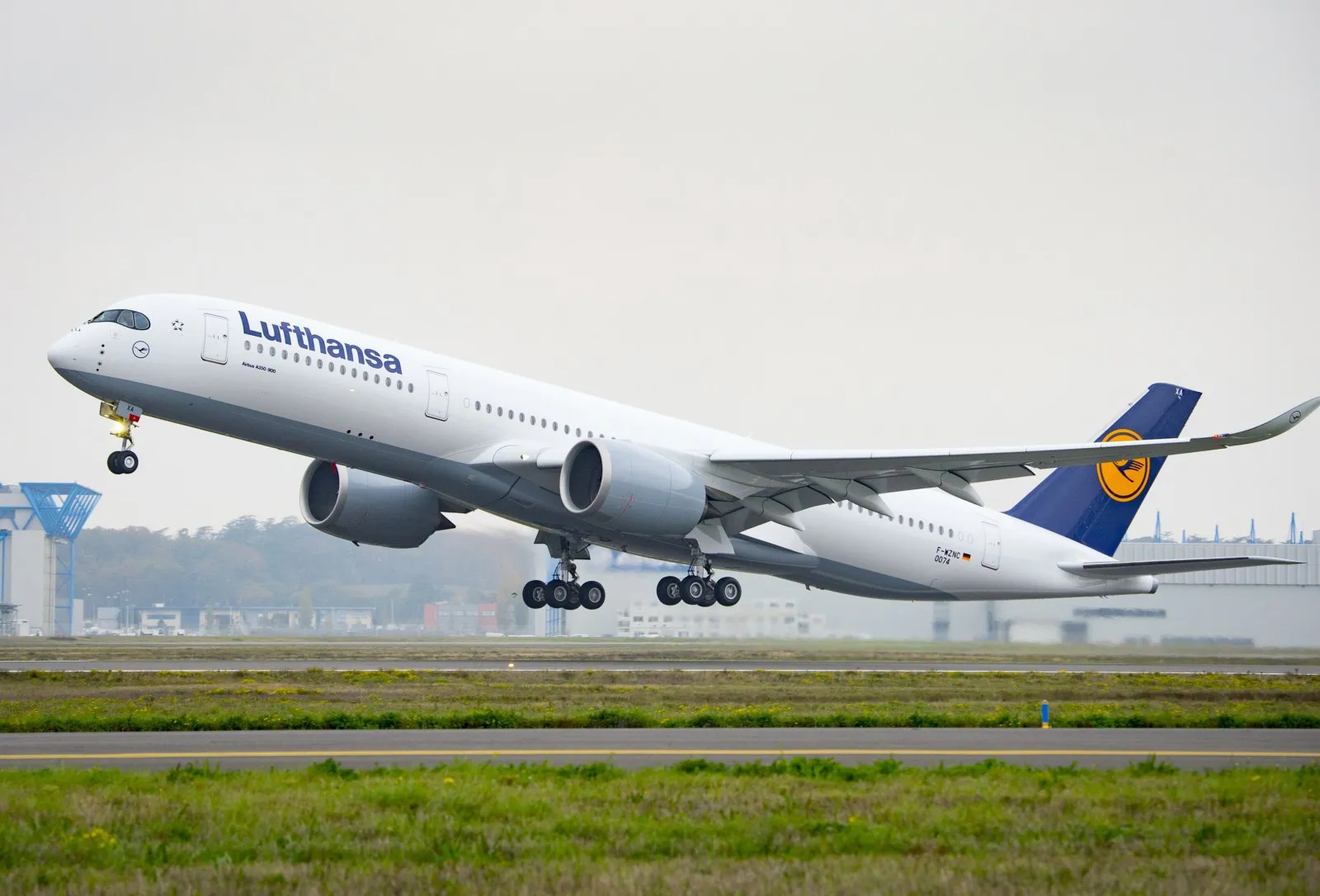
Boeing and Airbus add new orders in May as traffic picks up
Jun 08, 2021

In May, both Boeing and Airbus experienced a surge in new aircraft orders as air travel demand continued to recover. Airlines are increasingly looking to expand their fleets to accommodate the rising number of passengers, driven by easing travel restrictions and a rebound in global tourism. Boeing secured significant orders from major carriers, while Airbus also reported a robust influx of requests for its fuel-efficient models. This renewed interest in aircraft procurement signals optimism within the aviation industry, as companies adapt to the changing landscape and prepare for sustained growth in air traffic in the coming years.
In May 2023, both Boeing and Airbus reported significant growth in new aircraft orders as global air traffic continues to rebound following the challenges posed by the pandemic. This upturn in demand is a positive indicator for the aerospace industry, highlighting the resilience of air travel and the ongoing recovery of economies worldwide. The new orders not only showcase the airlines' confidence in future travel but also reflect the evolving needs for modern, fuel-efficient aircraft.
Boeing's Performance in May
Boeing has seen a promising uptick in orders during May, with notable acquisitions from several major airlines. The company received a substantial order for its 737 MAX series, which has become a popular choice among carriers seeking to enhance their fleets. The orders reflect an increasing demand for short to medium-haul travel, signaling a shift in passenger preferences.
According to Boeing's latest report, the following table summarizes their new orders in May:
| Aircraft Model | Number of Orders | Key Customers |
|---|---|---|
| 737 MAX | 45 | American Airlines, Ryanair |
| 787 Dreamliner | 10 | United Airlines |
| 777X | 5 | Qatar Airways |
This data highlights the growing trend of airlines investing in "new aircraft" to meet rising passenger demand and improve operational efficiency. Boeing's focus on "sustainability" and innovation has made its aircraft attractive options for airlines aiming to reduce their carbon footprint while enhancing passenger experience.
Airbus's Success in May
Airbus, on the other hand, also reported a robust increase in orders during the same month. The European manufacturer secured several large contracts, particularly for its A320 family, which remains highly sought after by low-cost carriers and traditional airlines alike. The demand for these aircraft reflects the ongoing recovery of air travel and the need for airlines to expand their networks.
The following table outlines Airbus's new orders for May:
| Aircraft Model | Number of Orders | Key Customers |
|---|---|---|
| A320neo | 60 | IndiGo, Spirit Airlines |
| A350 | 15 | Delta Airlines, Singapore Airlines |
| A220 | 20 | JetBlue |
Airbus's well-timed expansion strategy has placed it in a strong position in the competitive market. The company has continually emphasized "fuel efficiency", "safety", and "cutting-edge technology", which resonates well with airlines looking to modernize their fleets. The new orders from diversified customers underline the global demand for air travel, particularly as regions recover from the pandemic.
Market Trends and Future Outlook
The increase in orders from both Boeing and Airbus signifies a broader trend within the aviation industry that indicates a recovery in air travel. Analysts predict that the demand for air travel will continue to grow, driven by pent-up consumer demand and the resurgence of international travel. This growth is expected to lead to further orders in the coming months as airlines seek to capitalize on the uptick in passenger numbers.
Moreover, the trend towards "sustainable aviation" is gaining momentum, with both Boeing and Airbus investing heavily in technologies that promise to reduce emissions and improve the overall environmental impact of flying. This focus on "sustainability" will likely play a crucial role in shaping future orders and aircraft designs.
Conclusion
As May 2023 draws to a close, the new orders placed by Boeing and Airbus underscore a significant moment in the aerospace industry. The recovery in air traffic is not only a boon for the manufacturers but also a hopeful sign for the global economy. With airlines eager to expand their fleets and modernize their operations, the future of air travel looks promising.
Both companies are positioning themselves to meet the evolving demands of airlines and passengers alike, ensuring they remain competitive in a rapidly changing market. As we move further into 2023, it will be interesting to observe how these dynamics unfold and the impact on overall industry performance.
Related Articles

Explore Thailand: The Best Islands to Visit for Paradise, Adventure, and Relaxation

The Ultimate Guide to the Best Islands in Thailand for Your Next Getaway

Do babies need passports? How to get a passport for a newborn

How to get a U.S. passport fast: here’s how to expedite the process

What is Mobile Passport Control: 5 reasons why you should use it

SENTRI vs. Global Entry: A detailed guide

Do you need a passport to go to the Bahamas? Let’s find out

Do you need a passport to go to Mexico? A detailed guide

Do you need a passport to go to Canada? We got the answer

Do You Need a Passport for a Cruise: An Essential Travel Guide

Booster Seat Requirements: All the Rules to Follow in Your Rental Car

What Are the World’s Most Powerful Passports, and How Does Yours Rank?

How to Take a Passport Photo at Home: A Helpful Guide

You've got to have heart! Southwest's new livery

Your opinion: Should water be free on low cost carriers?

Young women bolder than guys as solo travellers
